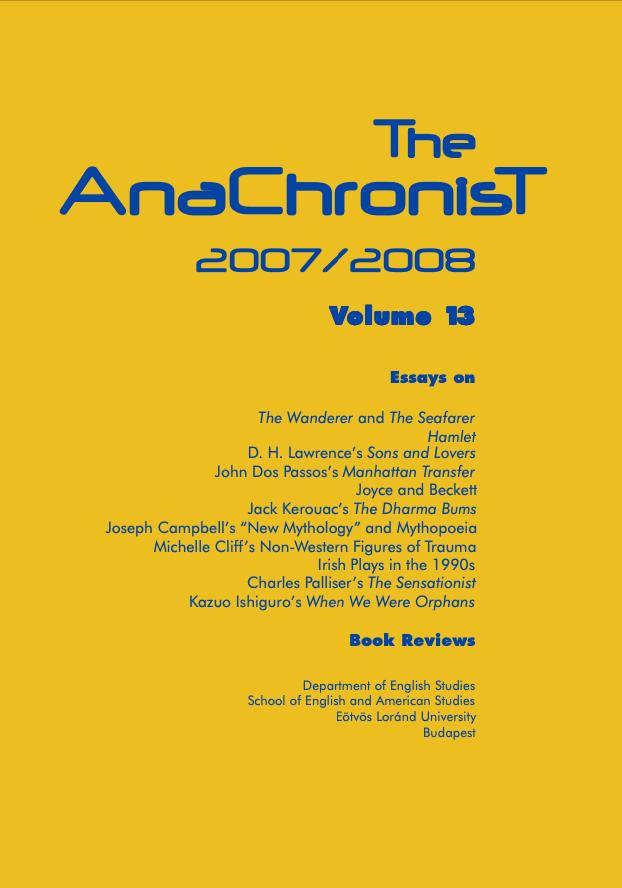Michelle Cliff's Non-Western Figures of Trauma
The Creolization of Trauma Studies
DOI:
https://doi.org/10.53720/KDEU5294Abstract
This paper shows that Michelle Cliff's work puts Western trauma theory through the work of creolization. It critiques the inadequacy of trauma theory qua colonial theory in the process of understanding a historical trauma that centers around racial (and partially gender) difference. To do so, we look at Cliff's Abeng and No Telephone to Heaven in order to question certain givens in the field of trauma studies, reconceptualize the problematic theories of this Eurocentric frame of thinking, and promote the revision of the field's intentions in order to become productive in the postcolonial context. The paper also shows that Cliff takes her readers and characters through the difficult work of re-membering Caribbean history, a history erased by colonial fables. The dissemination of historical truths and positive images of prominent black characters which were, in the past, imposing figures of resistance, helps the readers and characters to reflect upon the damage done to the country of maroon warriors in the past and the repercussions of that damage on the present. This is one step in the process of identity recovery for the main character Clare Savage, whose progressive discovery and critique of social discrepancies based on racial difference and eventual struggle enable her to understand the historical trauma of her own people and use that trauma as the root for re-constructing a positive Caribbean identity.

